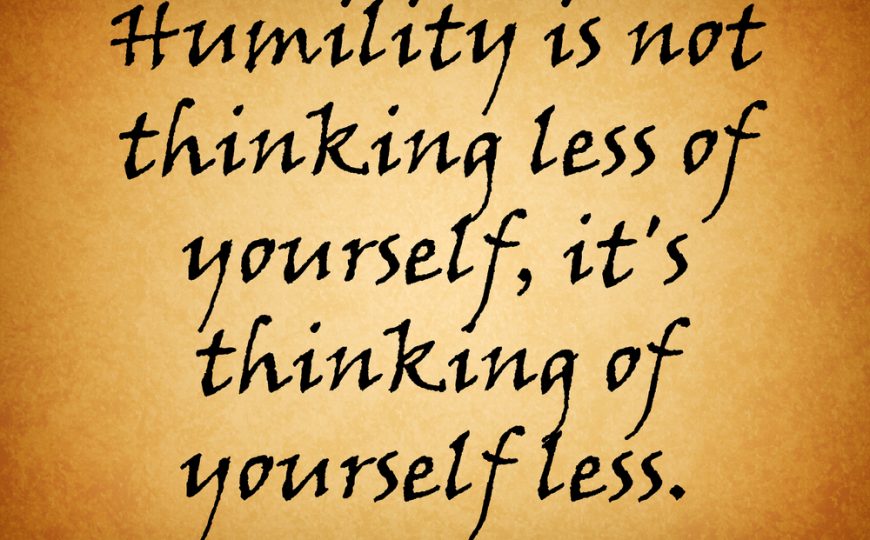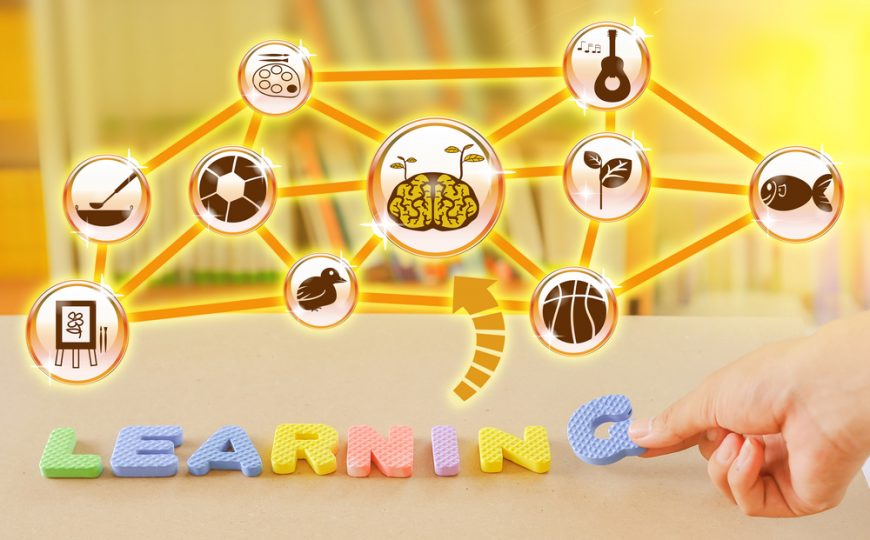With so much focus on self-esteem we know that self-esteem is very important. Clearly though our approach to self-esteem missed the mark (See Simon Sinek’s famous talk on Millenials). By praising people for doing things that are not praise worthy and exaggerating the importance of those actions we have fostered a generation with lower, rather than higher, self-esteem. True self-esteem is knowing exactly who you are, your gifts, strengths and weaknesses. In the post on Awe I left you with this question, “What is amazing about you?”. Self-esteem is what gives a person the strength to do the right thing …










